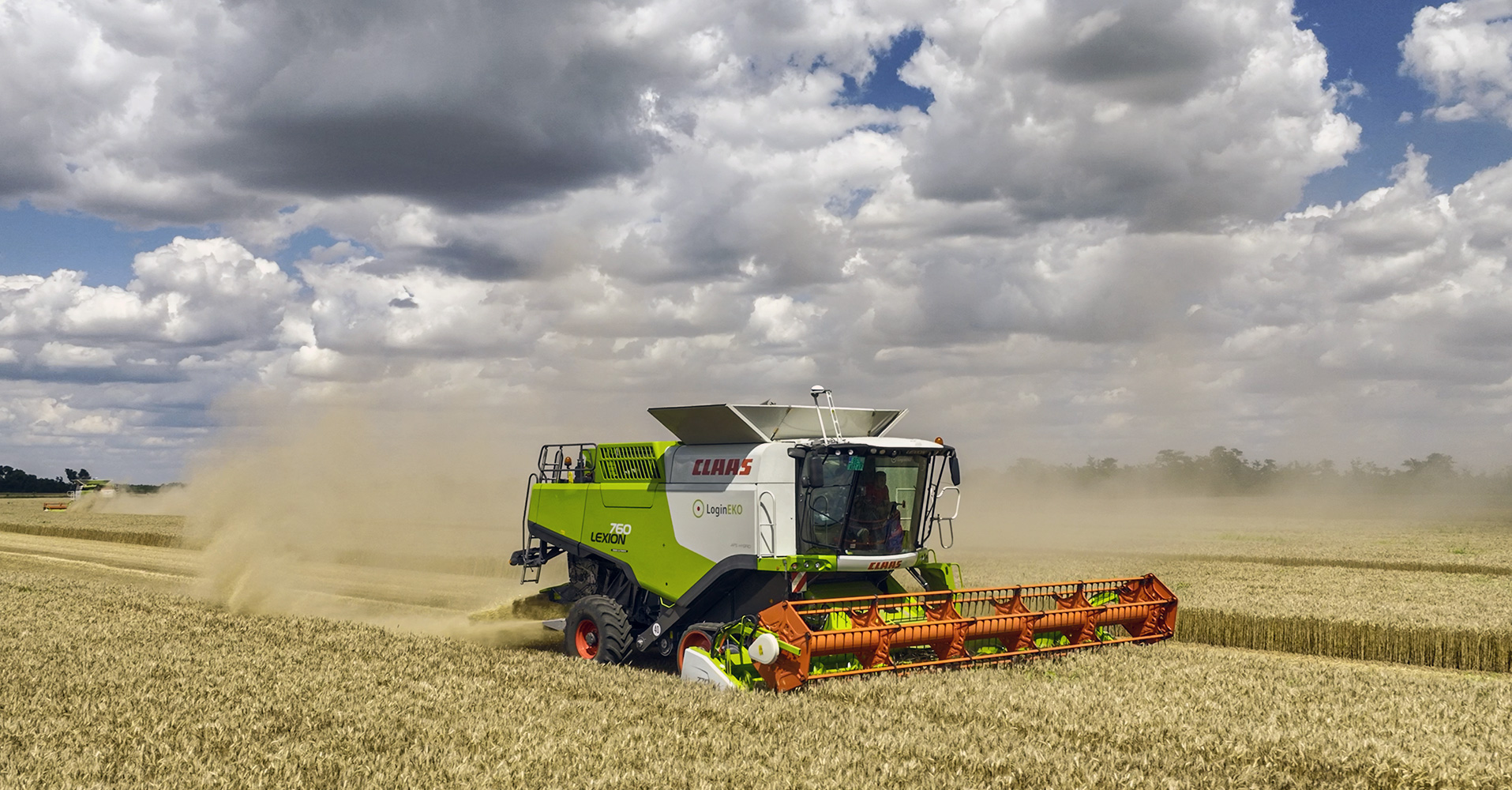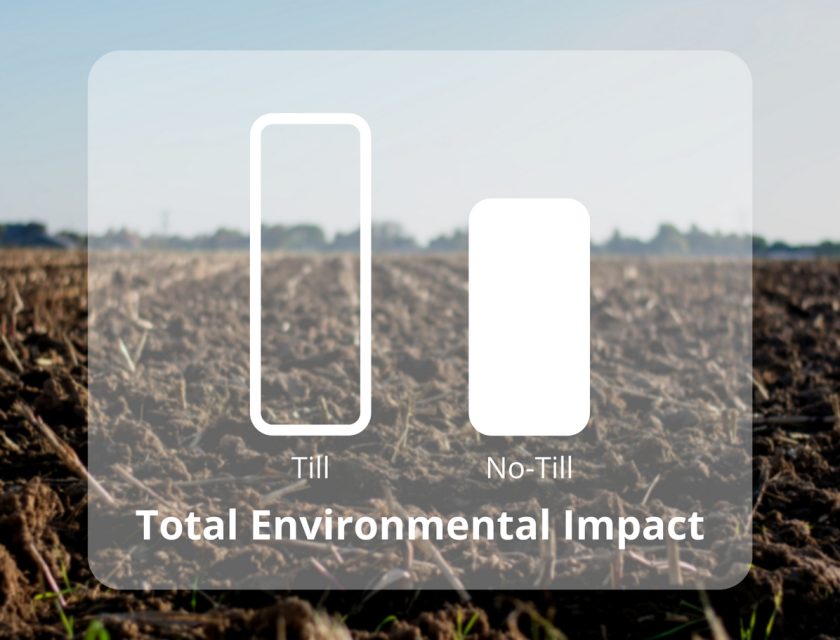Agricultural sustainability
Agriculture is the single biggest driver of biodiversity loss, deforestation, water scarcity, water pollution, pesticide toxicity, and is also a major contributor to climate change. However today, very few farms measure their environmental impacts or know how to reduce them.
Scaling up measurement of environmental impacts and environmental advice is a fundamental first step towards more sustainable food production: without this, neither farmers nor policymakers can make informed decisions about what to change.
The project, entitled HESTIA, is carried out by the Department of Zoology and the Oxford Martin School at the University of Oxford and is supported by the Login5 Foundation.
The HESTIA open access platform provides a standardized and structured format to represent agri-environmental data. Widespread adoption of this data format could help unlock knowledge exchange in agriculture and food.
Enabling sustainability monitoring
The framework of the project supported by Login5 Foundation will add more environmental data to the HESTIA platform and improve the calculation engine by adding further environmental impact indicators. The project will also work on methods to deliver sustainability advice to farmers.
The LoginEKO team will leverage HESTIA platform adding own data to calculate environmental impact of activities and products on our fields. Thus we will be able to develop various scenarios in our farming software and assign their environmental impact indexes. This could help planners and farmers decide what practices to choose in their operations to minimize their harm to the environment. Similarly, we will be able to know environmental impact indexes for our crops, which adds importantly to the traceability of our crops.
Embedding environmental impact calculations into the digital tools that farmers are already using could enable sustainability monitoring to reach farms worldwide.
Now is the time to provide a scalable and methodologically harmonised approach to farm-level measurement and improvement of environmental outcomes. This project will provide the foundation for monitoring, reporting, and reducing environmental impacts throughout the whole food system.
Check out the HESTIA platform here.
Project Leaders: E.J. Milner-Gulland, Tasso Leventis Professor of Biodiversity, University of Oxford; Joseph Poore, Researcher, Department of Zoology and Oxford Martin School, University of Oxford.

